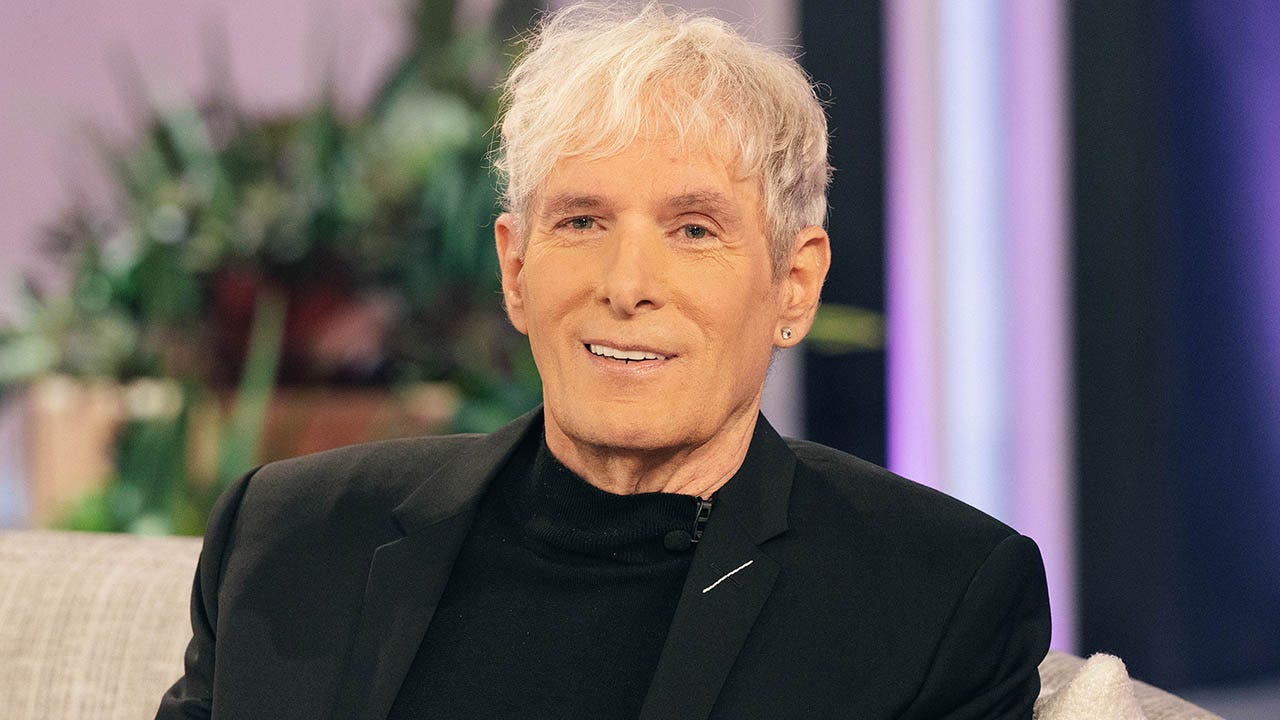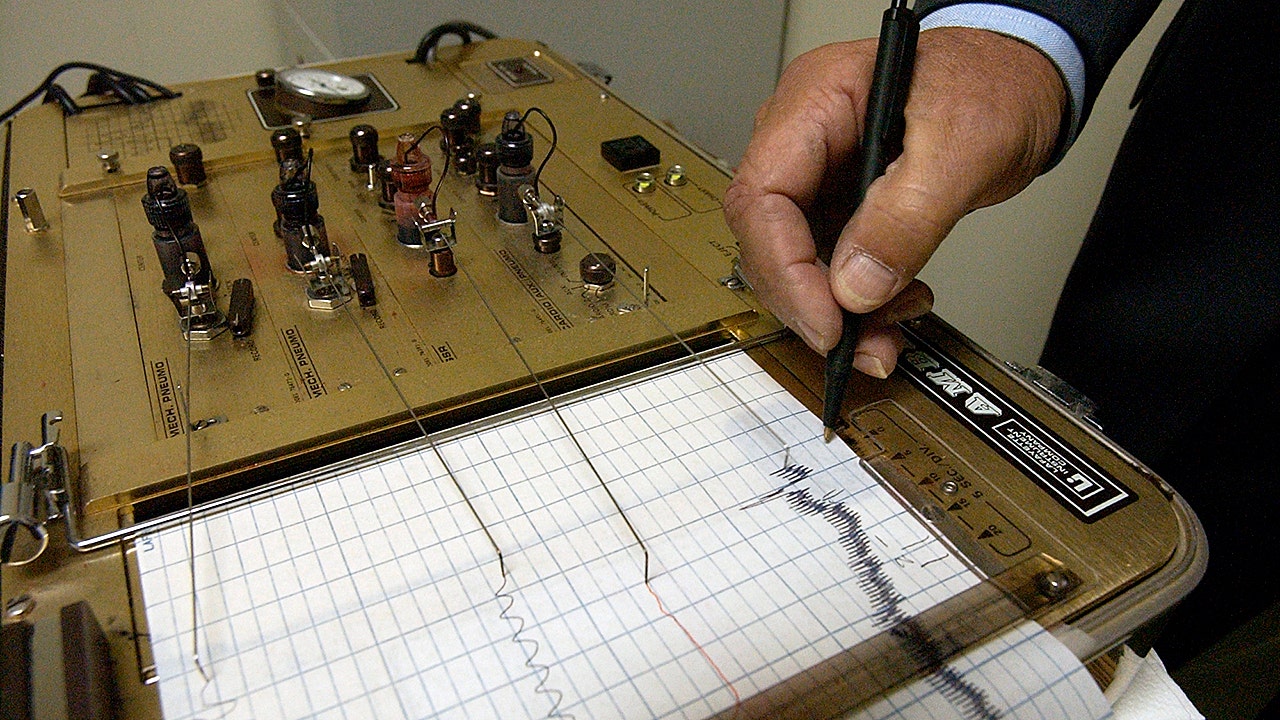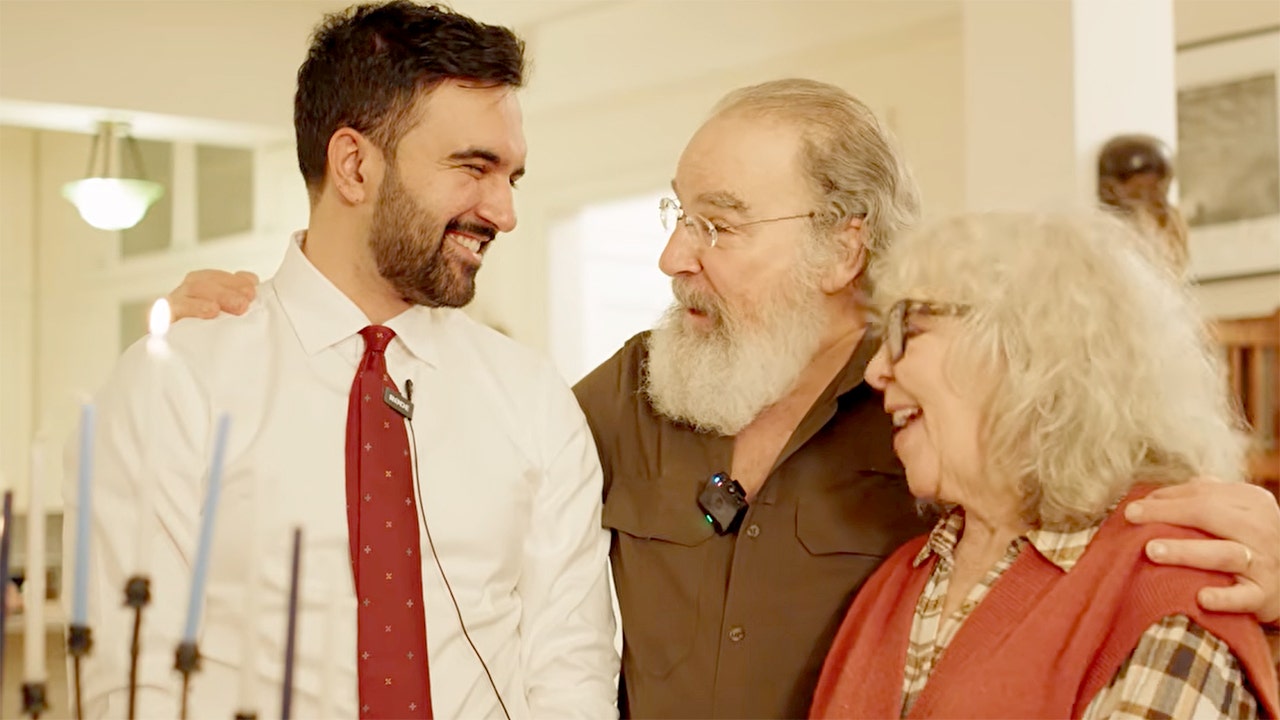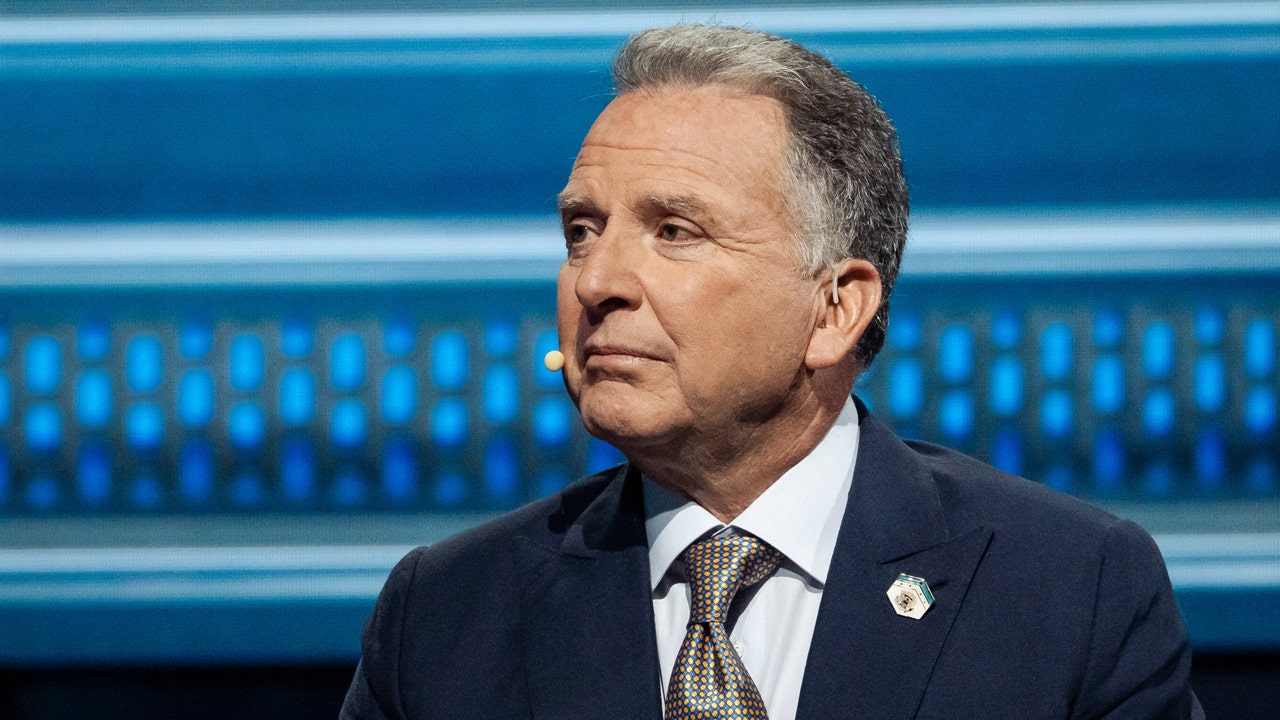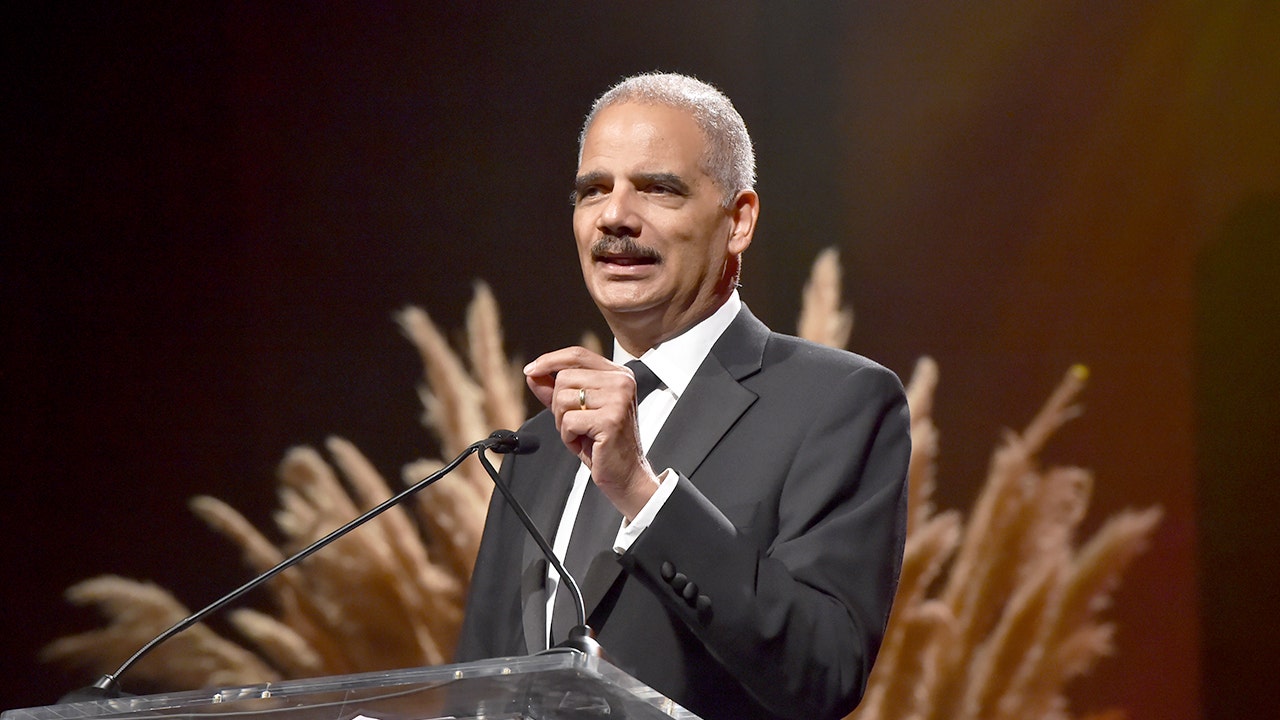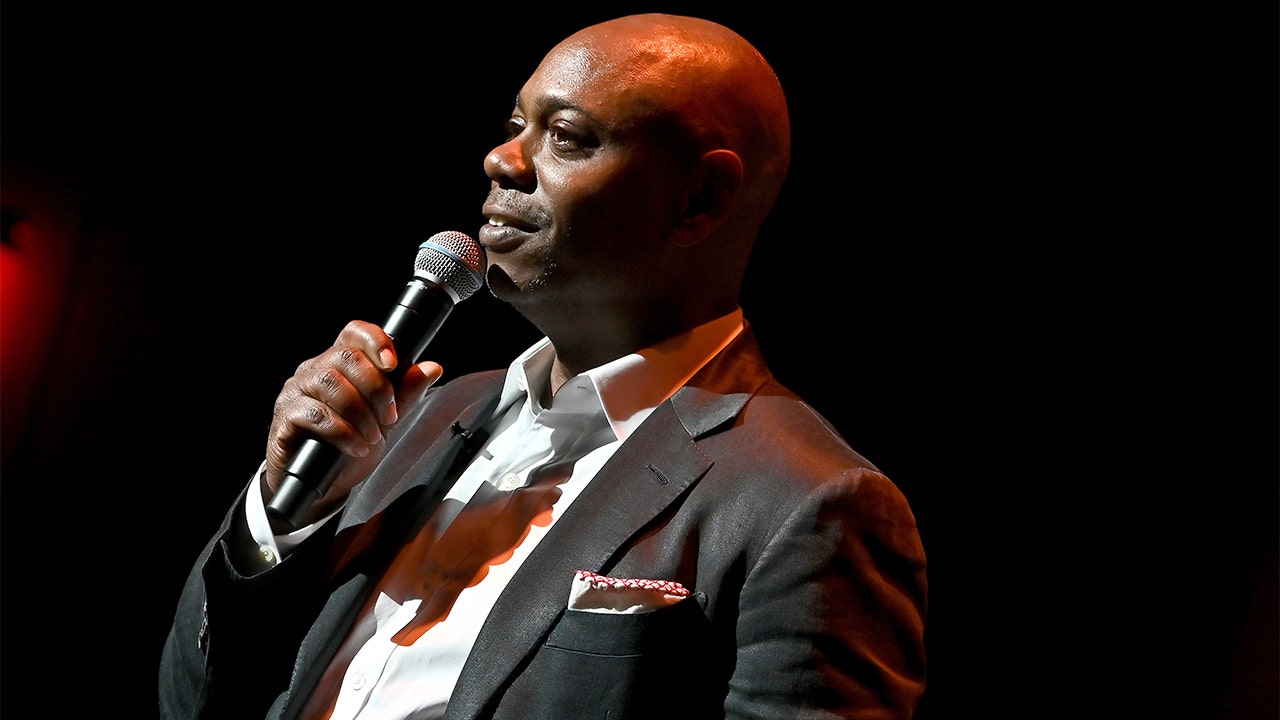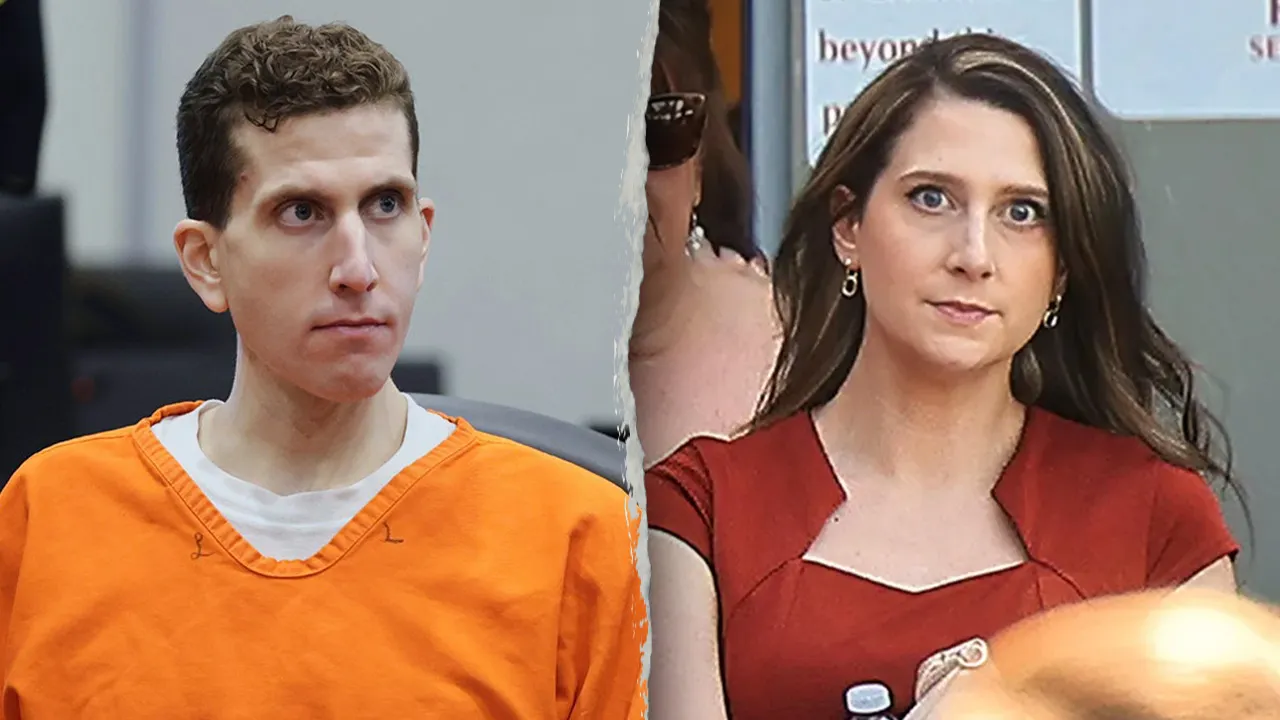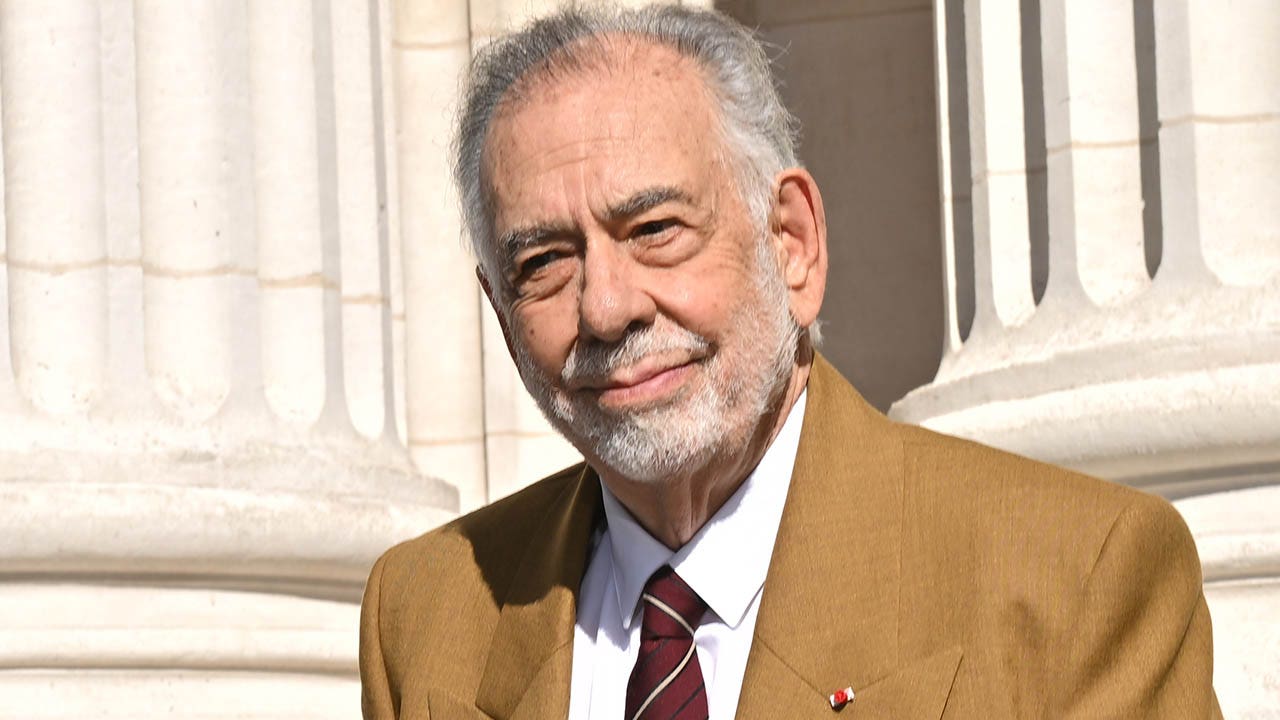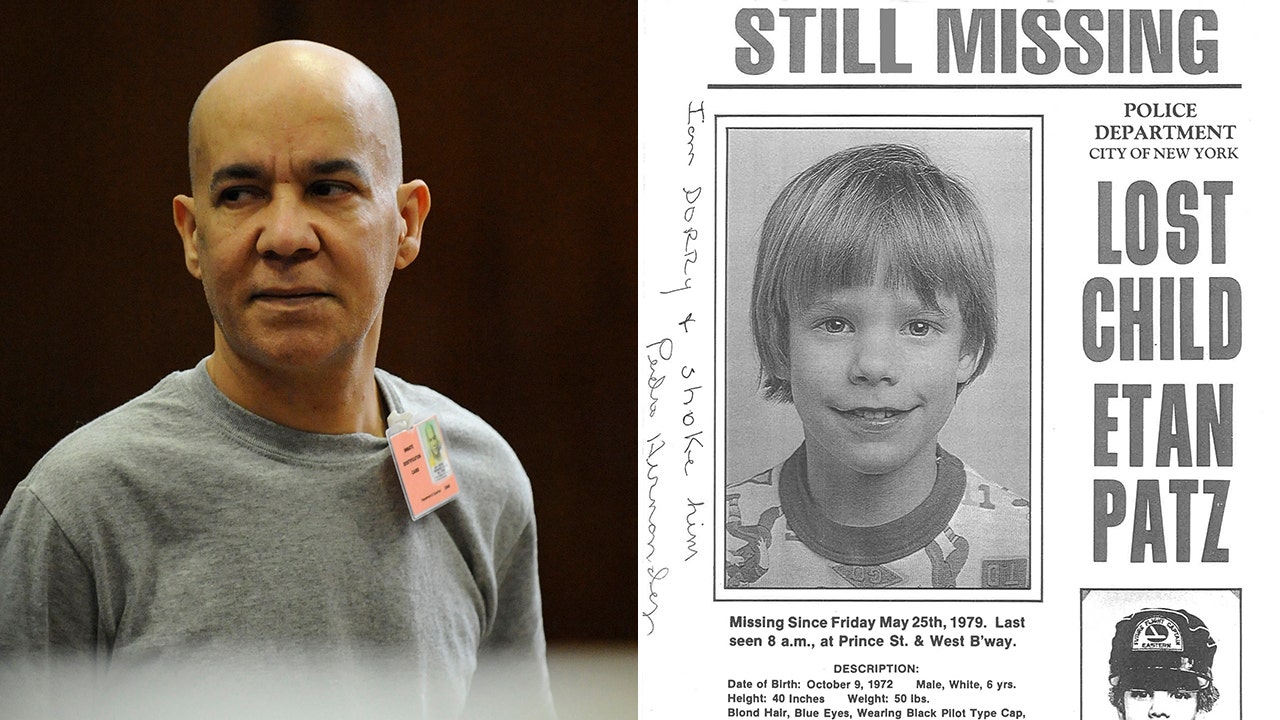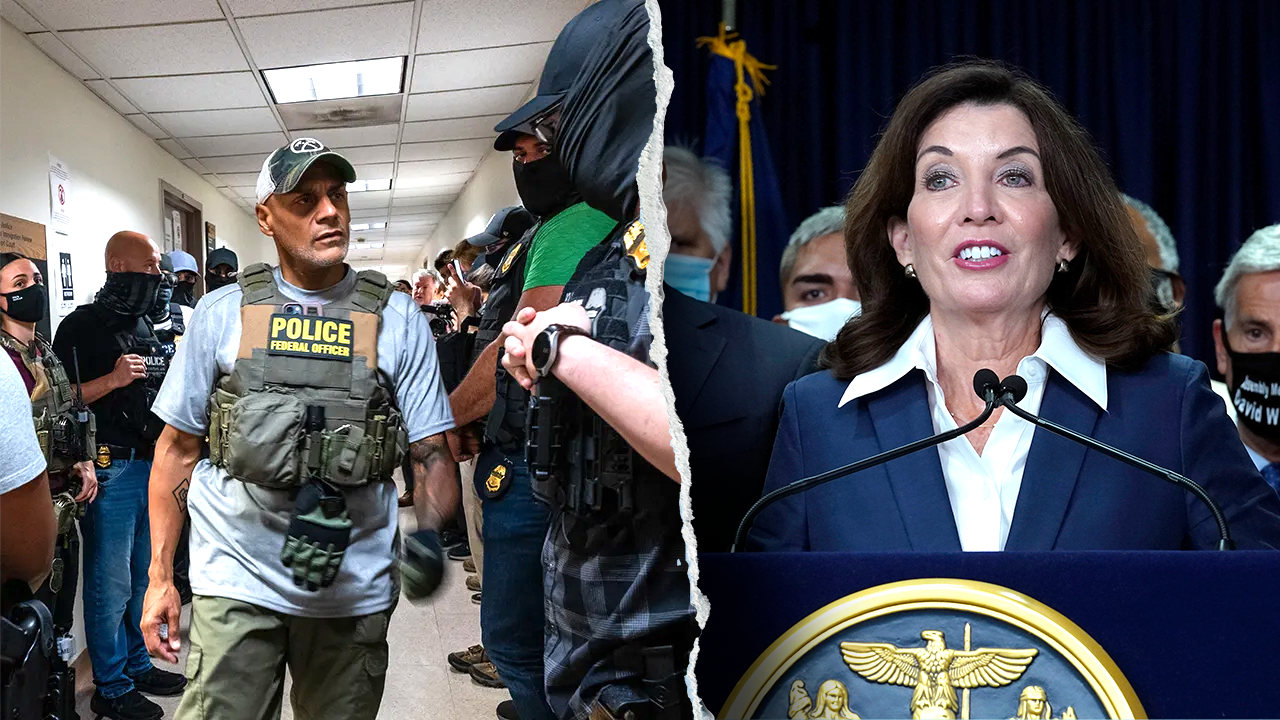NEWYou can now listen to Fox News articles!
Monday’s sweeping autism announcements have sparked deeper conversations about the widespread neurological disorder.
Health officials spoke during a press conference in Washington, D.C., about possible causes, vaccine guidance and the potential for a cancer drug to double as an autism therapy.
Autism diagnoses have been steadily rising in recent decades, according to the Centers for Disease Control and Prevention.
AUTISM SPECTRUM IN ADULTS HAS COMMONLY OVERLOOKED SYMPTOMS, EXPERTS WARN
"In the 1970s, autism was considered rare, perhaps 1 in 5,000 to 10,000 children," Steven Quay, M.D., Ph.D., a physician-scientist and founder of Atossa Therapeutics in Seattle, Washington, told Fox News Digital.
In the year 2000, an estimated one in 150 children aged 8 had the disorder. By 2010, that number had risen to one in 68 — and by 2022, one in 31 children were diagnosed.

Autism diagnoses have been steadily rising in recent decades, according to the Centers for Disease Control and Prevention. (iStock)
"Autism is no longer an uncommon condition tucked away in psychiatric textbooks," said Quay. "It is part of the daily fabric of schools, clinics and families everywhere."
Dr. Aggie Papazyan, a Los Angeles-based psychologist specializing in autism spectrum disorder, noted that autism prevalence has also increased globally.
CANCER DRUG COULD DOUBLE AS AUTISM THERAPY, AND IS POISED FOR FDA APPROVAL
"These rates vary by region," she told Fox News Digital. "In many places, especially in higher-income settings with more robust diagnostic and health resources, prevalence estimates have gone up."
She added, "However, it’s important to note that how autism is measured makes a big difference."
Awareness vs. epidemic
The CDC has noted that improved identification of autism could be part of the increase, but that other factors could also come into play.
Decades ago, many autistic people were "missed, misdiagnosed or labeled differently," said Papazyan.
"There doesn't seem to be a sudden surge in biological incidence."
"Over time, as awareness has grown, diagnostic definitions expanded and screening became a bit more routine — so it's not a surprise to see more autism diagnoses," she said.
"The biggest misconception is that rising numbers mean autism itself is suddenly becoming more common," the expert went on. "That's scary to some people, but there’s no new autism ‘epidemic.’"

Experts say more funding is needed for early intervention programs, such as speech, occupational and behavioral therapies. (iStock)
Most of the increase, according to Papazyan, is due to earlier intervention, broader diagnostic criteria and improved access to services.
"There doesn't seem to be a sudden surge in biological incidence," she added. "There may still be a true rise, but it's not as dramatic as many people want to think."
CLICK HERE TO GET THE FOX NEWS APP
Quay said it would be "naïve" to assume that the rise is due only to better detection, and said that environmental change also plays a role.
"Fifty years ago, many individuals on the spectrum were mislabeled — sometimes as intellectually disabled, sometimes as ‘eccentric’ or ‘odd,’ but I do not believe this accounts for the entire increase," he said.

To counter the rising autism diagnoses, experts call for increasing awareness and acceptance while reducing stigma. (iStock)
"Environmental influences, from prenatal exposures to changes in maternal health to shifts in early childhood experiences, likely play some role."
‘Urgent need’
To counter the rising autism diagnoses, Papazyan is calling for increasing awareness and acceptance while reducing stigma, as this affects how resources are allocated.
"Beyond that, we need to expand diagnostic and assessment services, especially in underserved communities, so that people are properly diagnosed and given the care they need," she said.
Papazyan said more funding is also needed for early intervention programs, such as speech, occupational and behavioral therapies.
CLICK HERE TO SIGN UP FOR OUR HEALTH NEWSLETTER
The experts also agreed that support is needed for autistic people as they get older, including mental health services, financial assistance and life skills development.
"Interventions are needed that go beyond childhood, because autistic adults will spend most of their lives outside the school system, yet services for them are almost nonexistent," said Quay.
"Fifty years ago, many individuals on the spectrum were mislabeled."
Looking ahead, Papazyan predicts that autism prevalence will continue to increase over the next few years before it slows down and eventually hits a plateau.
Quay also expects that prevalence will continue to rise in the near term, largely due to improvements in detection and "societal willingness to diagnose."
For more Health articles, visit www.foxnews.com/health
"Whether there is a biological plateau remains to be seen," he said. "If environmental contributors are identified and mitigated, we could see stabilization."
Melissa Rudy is senior health editor and a member of the lifestyle team at Fox News Digital. Story tips can be sent to [email protected].

